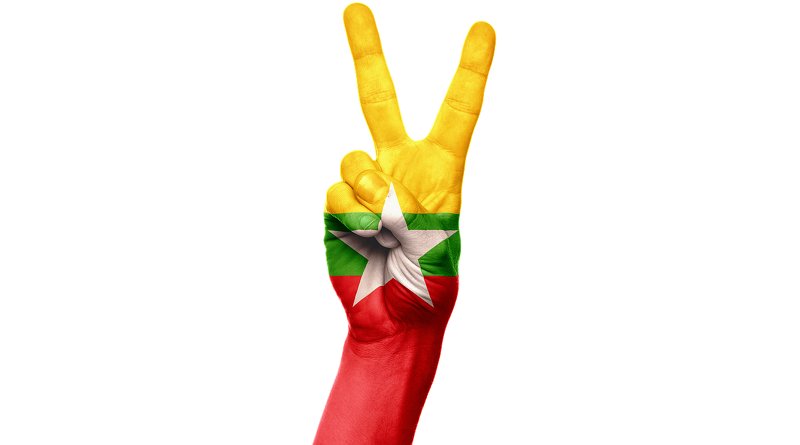Myanmar: Widespread Denunciation Of Regime’s Execution Of Four Prominent Political Prisoners
By DMG
The Arakan Army (AA) has joined a growing chorus of condemnation for the junta’s recent execution of four men including prominent 88 Generation student leader Ko Jimmy and former National League for Democracy (NLD) lawmaker Ko Phyo Zeya Thaw.
Junta-controlled newspapers reported on Monday that the regime had carried out executions of the four recently. Ko Hla Myo Aung and Ko Aung Thura Zaw were the other two men killed.
In a statement, the AA said it is deeply worried about the possible consequences of the regime’s decision to execute the men, who were sentenced to death in January. The statement said the junta had “stupidly carried out [the executions] despite requests from diplomatic and political circles not to carry out the executions, which is a wrong thing to do, at a wrong time.”
The AA said it shared in the shock and grief felt by Myanmar’s people over the executions of the four men.
The executions aroused the resentment of the entire Myanmar people and would only serve to attract braver heroes who would make greater contributions to the country’s Spring Revolution against the regime, the AA statement said.
The executions were described by others as amounting to extrajudicial killings.
“They were killed unlawfully. … There will be many more unlawful bullies until the regime is toppled,” said Ko Nyi Nyi Lwin aka Ashin Gambira, a leader of the pro-democracy Saffron Revolution of 2007.
A military tribunal handed down the death sentences for the four men under the Counter-Terrorism Law for their involvement in anti-regime activities.
In June, the UN’s High Commissioner for Human Rights Michelle Bachelet urged the Myanmar regime to halt the planned executions.
Cambodian Prime Minister Hun Sen, the rotational chairman of the Association of Southeast Asian Nations, also urged junta chief Min Aung Hlaing to review his plan to execute the political activists.

